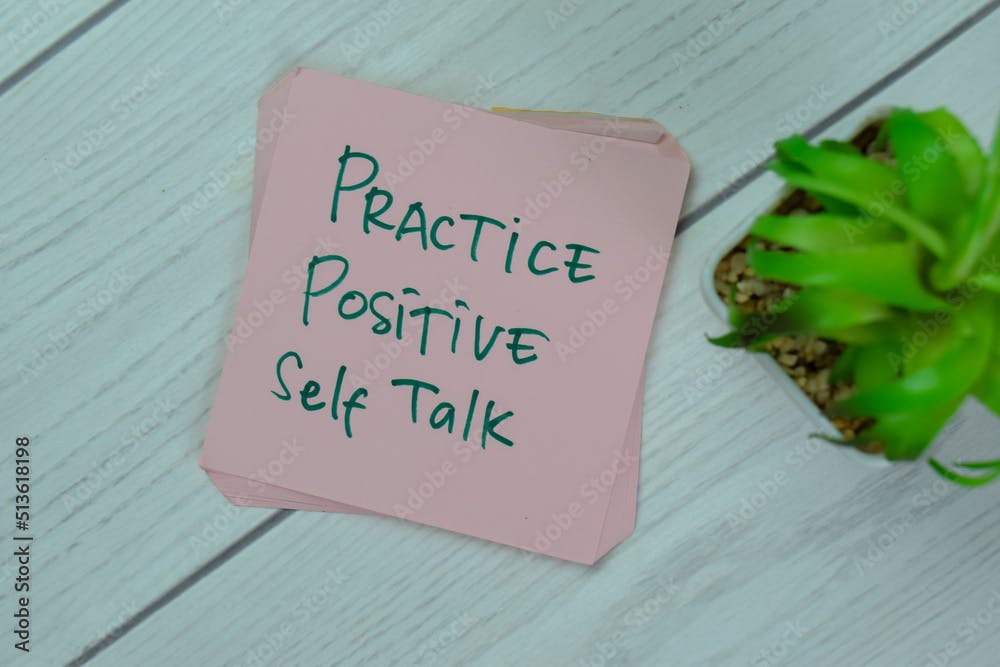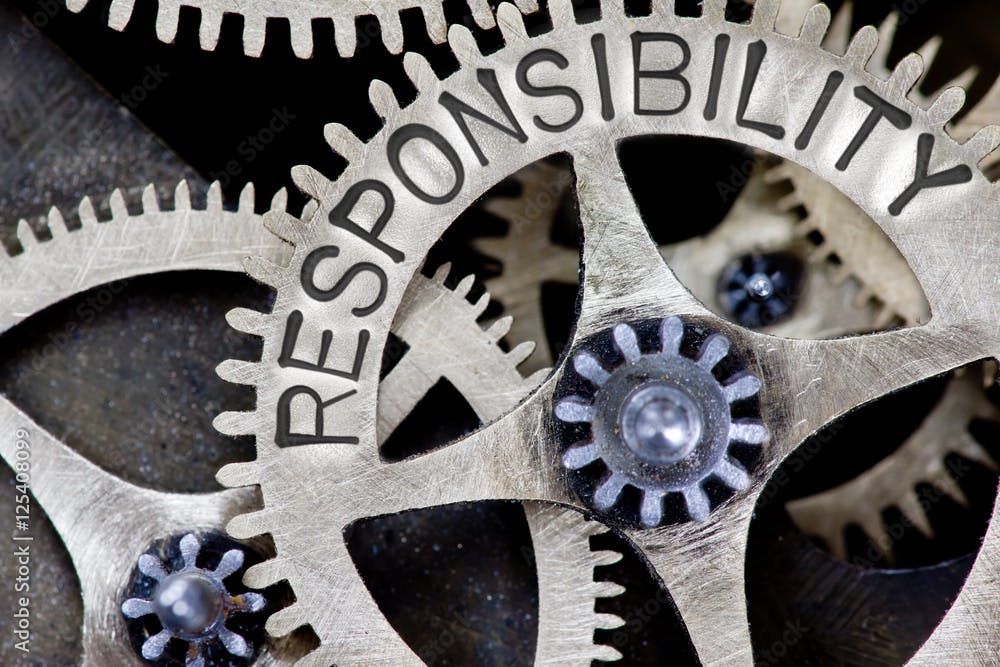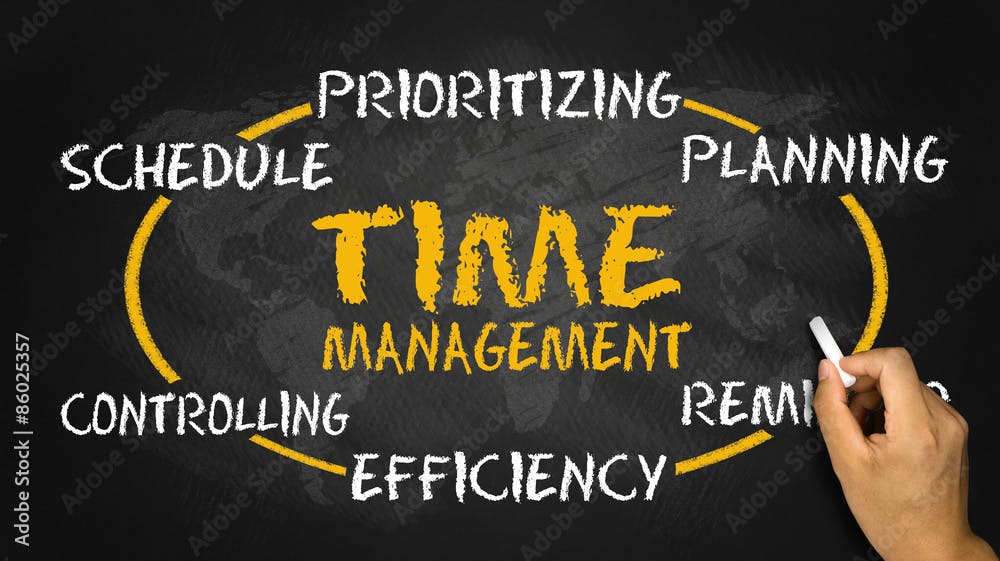Table of contents
- 👋 Hello friends,
- Check out the tips below to learn how you can start...
- 🔸 Start by making a small change in your daily life.
- 🔸 Replace Negative Thoughts with Positive Ones
- 🔸 Set short-term and long-term goals.
- 🔸 Set aside time for your passion.
- 🔸 Network with people in your field.
- 🔸 Volunteer to give back to your community.
- 🔸 Take responsibility for your actions.
- 🔸 Accept your mistakes or setbacks.
- 🔸 Time Management
- 🔸 Make decisions and stick to them.
- 🔸 Speak up for yourself.
- 🔸 Think about your strengths & weaknesses
- 🔸 Improve Problem-Solving skill
- 🔸 Learn new technology related to your field
- 🔸 Explore New Things
👋 Hello friends,
Sometimes life can make you feel powerless or stuck. The good news is there are things you can do to take back control of your life, develop more confidence, and become the best, strongest version of yourself, and getting started isn't as hard as you might think!
Check out the tips below to learn how you can start...
Take steps to empower yourself and create the life you want.
🔸 Start by making a small change in your daily life.

Making small changes in your life is an excellent way to improve your well-being and create positive habits. Start by setting realistic goals that you can reach in a short amount of time. For example, if you want to increase your physical activity, try to set aside 10 minutes each day for a brisk walk.
Remind yourself daily of the progress you are making and celebrate even the smallest successes. With dedication and hard work, you can create a healthier and happier lifestyle.
Exercising is not only good for your physical health but it’s so good for your mental health, too. You don’t have to jump into an intense workout right away; start slowly by going for walks, taking a hike, or riding bicycles with friends.
🔸 Replace Negative Thoughts with Positive Ones

Positive talk is a great way to lift yourself and those around you up! It can help to brighten someone's day and create a more positive atmosphere. A good way to practice positive talk is to focus on the good in any situation and speak in uplifting and encouraging terms. This can help to create a more positive environment and make it easier to resolve conflicts and work together.
A great way to find the positive in your life and create positive self-talk is to recognize the things in your life for which you can be grateful.
Some of the things will be big and some will be small. This will help you focus on the good things that are happening in your life, even if it was something as simple as seeing a rainbow or spending time walking and talking with a friend.
🔸 Set short-term and long-term goals.

“For every minute spent in organizing, an hour is earned,” –Benjamin Franklin.
If you have any areas of your life that you want to change, try breaking them down into goals you can work toward. Create short-term goals that you can reach in a few months as well as long-term goals that might take a few years.
For example, if you are a computer student short-term goal is to complete your degree in the next two years. Maybe your long-term goal is to pursue a career in programming and continue to learn and grow in the industry.
🔸 Set aside time for your passion.

DO MORE OF WHAT MAKES YOU HAPPY 😊😊
Pursuing your hobbies and interests can bring you closer to yourself and build your self-confidence. Reconnect with an old hobby you used to enjoy, or take a chance and try something new.
Create a list of things you’ve always wanted to try, whether it’s going to the new cafe that opened in the city or learning how to speak Italian/french/german etc. Take a step to cross 1 item off your list every day. Explore new ideas and subjects that interest you even if they are not related to your career goals.
Whether it’s art, photography, writing, tech, fashion, charity, animals, food, reading, sports, music, etc find something that you love and care about. It may not happen overnight but vision boards and social media are great tools to help you. When you find something you love you will be more committed and focused on giving your time to it accordingly.
If you find yourself wanting to spend more time on your passions and hobbies, it's important to set aside time to do so. This could mean allocating a certain amount of time each day or week to devote to your hobbies. Even if it's just 10 minutes, that's 10 minutes more than you were doing before! Having a plan and setting goals can help you stay motivated and also give you a sense of accomplishment when you reach them. Being mindful of how and when you spend your time can also help you prioritize your passions and make the most of your free time.
🔸 Network with people in your field.

Networking with people in your field can be an invaluable way to build meaningful connections and gain insight into the industry. To get started, reach out to those already in the field and ask to connect. Attend industry events, conferences, forums, and workshops to meet others in your industry.
Utilize social media platforms such as LinkedIn and Twitter to connect with people in your field. Additionally, research and join professional networks, associations, and clubs to find more resources. Taking the initiative to network will be beneficial in furthering your career and expanding your knowledge.
Find someone who has done what you want to do, and ask them about how they did it and what their experiences were like.
🔸 Volunteer to give back to your community.

Giving back to the community can take a variety of forms such as Time, Donate items, Fundraising, volunteering, Recognize Those Who Serve, Disaster Relief, etc.
One of the most effective ways of giving back is volunteering your time at places like your local non-profit, school, homeless shelter, animal shelter, etc. Your time is valuable and gifting it can make a world of difference in the lives of many.
See if your local homeless shelter or food bank needs help on the weekends or after work. Giving back to others can help raise your self-esteem and help give your life purpose.
Giving makes a direct difference in the lives of others, regardless of whether you have an abundance of some kind or simply something that others could need. In-kind donations flow effortlessly from you to regional organizations and into the hands of individuals in need, whether they be items like toys, clothes, food, or that old cell phone in the back of your closet.
🔸 Take responsibility for your actions.

Taking responsibility for your actions is an important part of personal growth and development. Being accountable for the choices we make allows us to learn from our mistakes, as well as to recognize our successes. When we take responsibility for our choices, we are more likely to accept the consequences of our decisions and take ownership of our lives. Taking responsibility also allows us to take control of our future and create positive changes in our lives.
Instead of blaming other people or circumstances for your lack of achievements, try to take ownership of them. That way, you can feel like you have control over your own life instead of leaving it up to others. It can be tough to do this at first, but it will be helpful in the long run.
For example, instead of saying “I don’t have time to work toward my goals,” you could say, “I’m not making enough time throughout the week to work toward my goals.”
🔸 Accept your mistakes or setbacks.

Acknowledge and accept your mistakes or setbacks. It's a sign of strength and courage, not weakness. Try to learn from these experiences and use them to become a better version of yourself. Remember that mistakes and setbacks are a part of life and you can use them as opportunities to grow and improve.
You won’t be able to achieve all of your goals perfectly, and that’s okay! Remember that you’re only human, and learn to forgive yourself if you mess up. The more you accept yourself for who you are, the more others will, too.
🔸 Time Management

Time management skills are a variety of skills that help to manage time well. Some of the skills include: Staying organized; Prioritizing what is important and urgent, Planning how to do tasks more effective manner, and Scheduling your timetable according to that.
Time management is the ability to use your time productively and efficiently. You could also think of it as the art of having time to do everything that you need, without feeling stressed about it. It sounds simple, but it is much harder in practice.
🔸 Make decisions and stick to them.

Making decisions can be difficult but it is important to stay committed to the decisions that you make. When making decisions, it is important to consider all possible outcomes and to weigh the pros and cons. Once you make a decision, it is important to remain focused and take ownership of the decision, even if it doesn’t turn out as expected.
To ensure that you stick to your decisions, it can be helpful to create an action plan including steps that you can take to implement your decision. Doing this can help you stay on track and motivated to follow through on the decisions that you make. For example, Try to stick to your plans, even on small decisions, like what movie to watch or where to go for dinner.
🔸 Speak up for yourself.

I believe that everyone should have the courage to speak up for themselves when necessary. Having the confidence to express your thoughts and feelings is an important part of being true to yourself. It can be difficult to find the words and the courage to speak up, but it can be made easier with practice. I believe that anyone can learn to be more assertive and use their voice to stand up for themselves.
🔸 Think about your strengths & weaknesses

Just think about your biggest strength just like you can think outside the box. if you have an aptitude for finding creative solutions to difficult problems. You are also a very organized person and you can focus on tasks and deliver results.
Additionally, you're a great communicator and can articulate your thoughts and ideas clearly. Your positive attitude and willingness to help others make you a great team player. Lastly, if you are passionate about learning new skills and constantly looking for ways to improve yourself then Cherry On Top.
Everyone has weaknesses, and it's important to acknowledge and accept them. A great way to help manage them is to identify them and then focus on improving them.
It's also important to remember that weaknesses can be used positively, as they can help you to identify areas of improvement. Being honest and open with yourself about your weaknesses can help you become a better version of yourself.
🔸 Improve Problem-Solving skill

Problem-solving is the process of achieving a goal by overcoming obstacles, a frequent part of most activities. Problems in need of solutions range from simple personal tasks to complex issues in business and technical fields.
🔸 Learn new technology related to your field

Learning new technology related to your field is an excellent way to stay ahead in your career. There are many helpful resources available online and in person to help you keep up with the ever-changing technology landscape.
Consider taking a course or attending a workshop to learn more about the technology related to your field. Additionally, reading industry blogs, attending conferences, and reaching out to mentors can be great ways to stay up-to-date on the latest technology.
🔸 Explore New Things

Exploring new things can be an exciting and rewarding experience! It's a great way to learn more about the world around us and grow as individuals. There are so many interesting things to explore out there, such as different cultures, hobbies, activities, and even new cuisines. Taking the time to step out of your comfort zone and try something different can open up your eyes to a new perspective and help you gain a better understanding of yourself and the world.
Once you have identified a few areas of interest, spend time exploring different jobs. Reading about a certain task or responsibility that sounds interesting might also help you research other, related roles that might be an even better fit.
Have fun and enjoy the journey!😊🥳
**Hopefully, this article will encourage you to pursue your goals. Good luck!**👍

